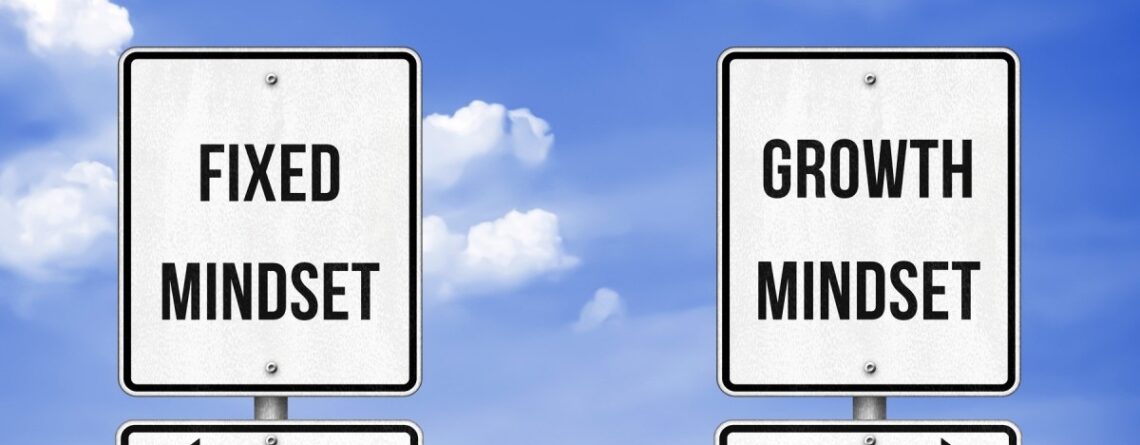A Fixed vs. Growth Mindset
The Nystrom & Associates provider consulted for this article is Angela Laschinger, MA, LPCC, School-Based Mental Health Manager, and Outpatient Therapist.
A fixed vs. growth mindset plays a pivotal role in our mental health and capacity for happiness. It manifests from a young age and impacts our relationships, goals, and behaviors.
Fixed vs. Growth Mindset Defined
The main difference between these two mindsets is the underlying beliefs people have about their personality, abilities, and intelligence. Much of the research behind individuals with a fixed vs. growth mindset comes from Standford psychologist Carol Dweck. In a fixed mindset, people believe they have a certain set of skills and talents that cannot change. In this state of mind, failure is viewed as permanent and is avoided at all costs. On the other hand, a growth mindset upholds the belief that if you're not good at something, you can work toward changing it. Failure is viewed as an opportunity to improve and grow. The difference between them influences more than just your current mindset when presented with failure. Angela Laschinger, School-Based Mental Health Manager and Outpatient Therapist at Nystrom & Associates, expands on this:“People tend to believe either that their talent, skills, and intellect are fixed and cannot be changed, or that they have the ability to change with effort and persistence. Studies have shown that those that believe the latter (a growth mindset) builds resilience and can lead to increased motivation and academic performance, as well as a decrease in burnout, behavioral problems, and mental health concerns.”Essentially, a fixed mindset prevents us from failure in the short run but inhibits our success in the long run. A growth mindset fosters our ability to learn and develop new skills, which positively affects our future ability to handle stress and challenges in our lives.
“The problem human beings face is not that we aim too high and fail, but that we aim too low and succeed.” -Michelangelo
Related: Ways to Move Forward When You Feel StuckMindset in Action
One way to tell if you have a fixed or growth mindset is to observe your thought patterns when you're faced with a challenge or problem. The theme of your thoughts can help you determine if you are leaning more toward one or the other. Fixed mindset statements:- This is too hard.
- I will never improve.
- Why should I bother?
- I can try a different strategy.
- Failure is how I learn.
- This will take time and work.
Adapt to Changes
Laschinger points out that adopting a growth mindset can be learned. “I see the most success with clients that see their setbacks as opportunities to learn. The great news is that the brain has the ability to adapt and change throughout life, and one can learn how to have a growth mindset.” Here are some of Laschinger’s tips to train your brain towards a growth mindset:- Try to see challenges as opportunities to learn.
- Focus on the process and the effort, rather than the result.
- Try not to take criticism personally.
- Replace the work 'failing' with 'learning.'
- Embrace and reflect on the learning you do daily.






